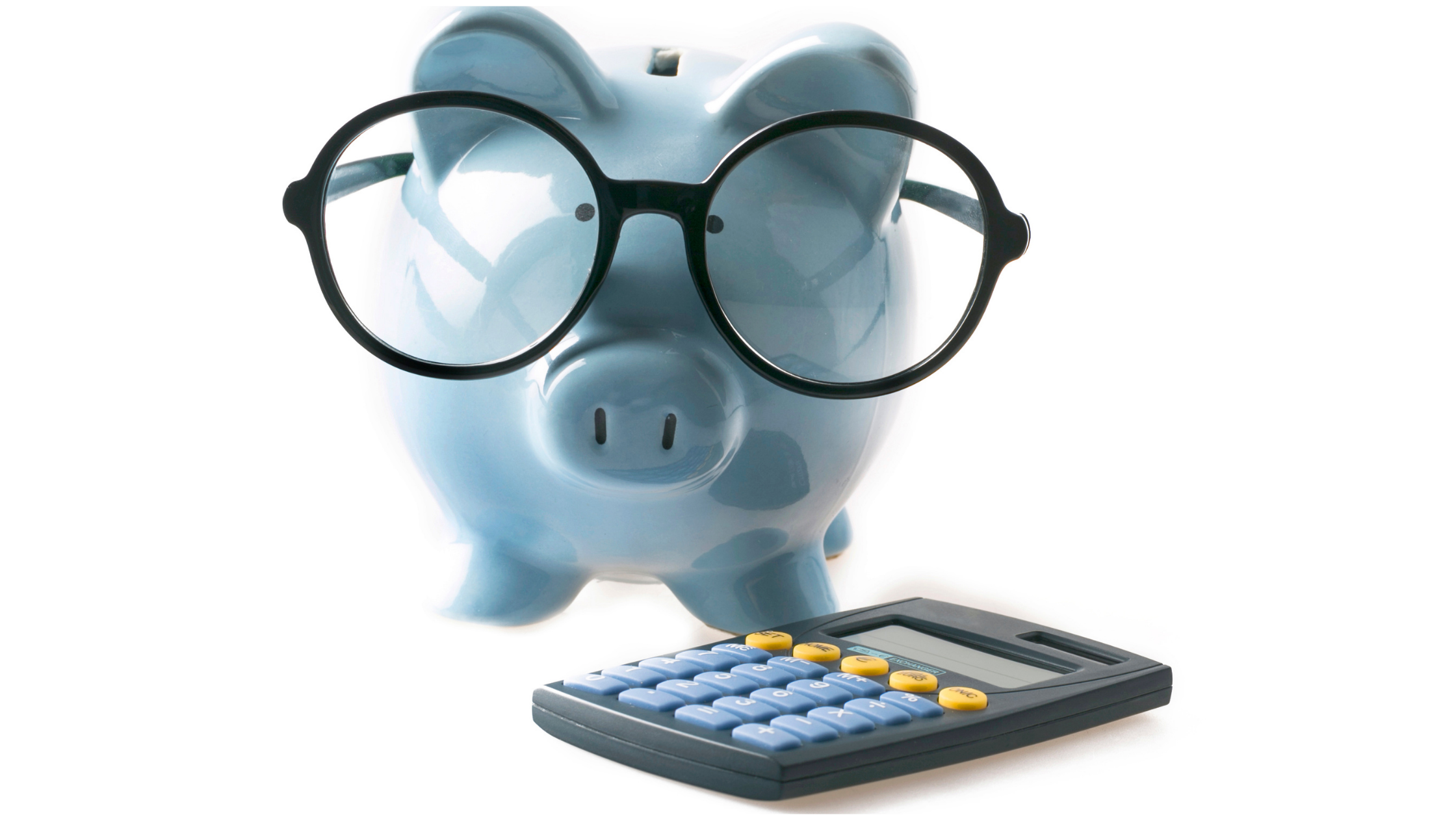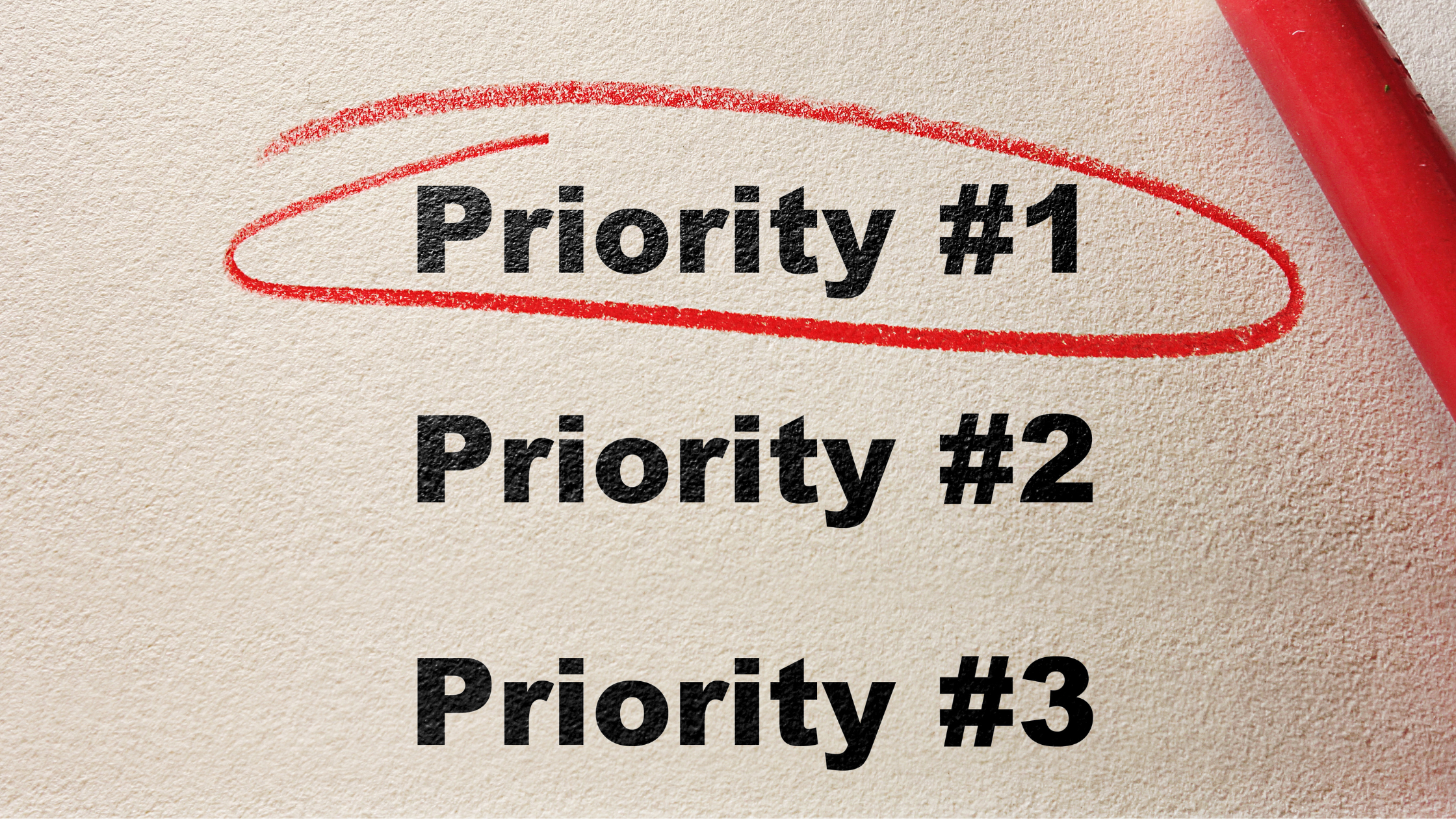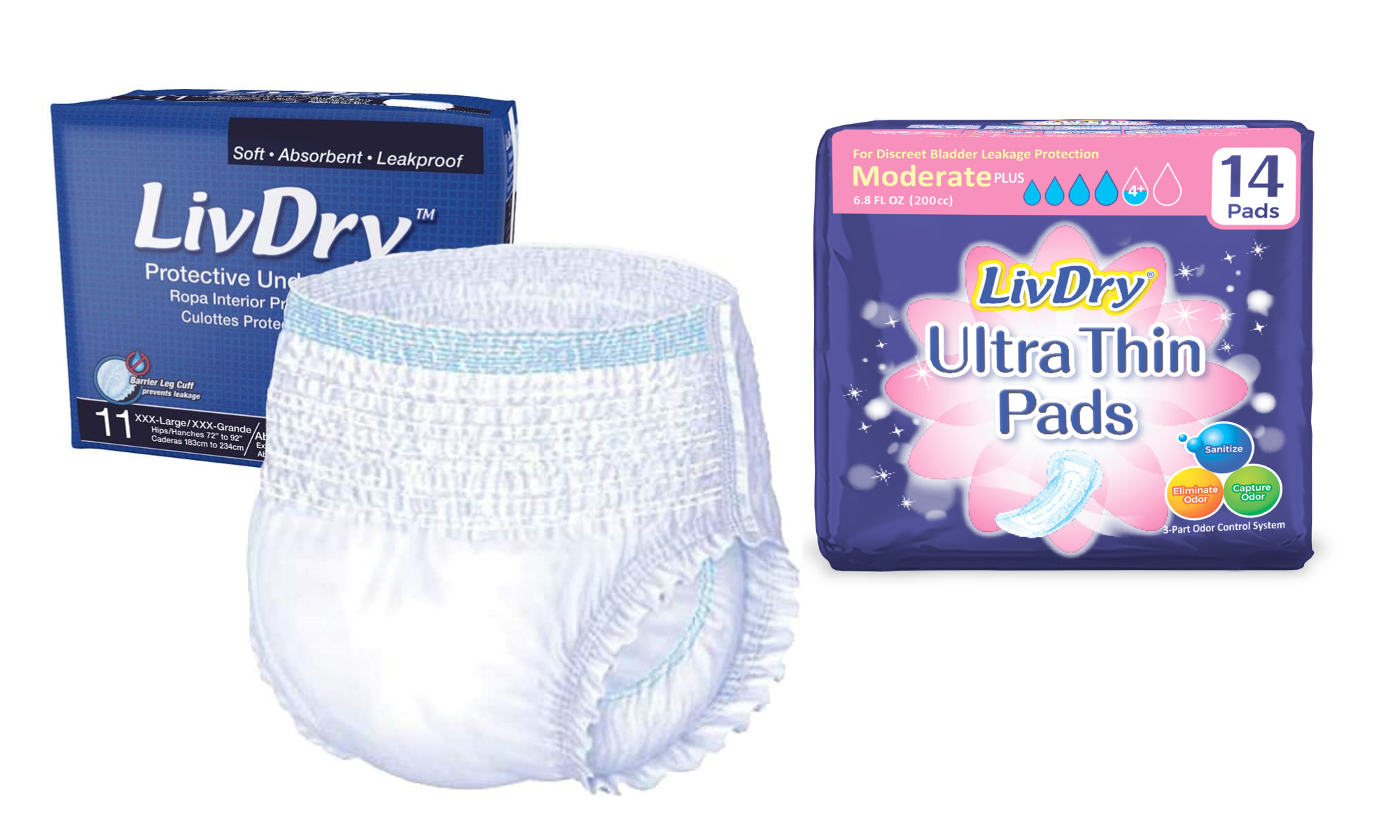5 Ways a Budget Can Reduce Stress and Improve Health
Written by TYE Medical on Mar 11th 2022
Financial concerns breed stress no matter your age. According to the American Psychological Association (ACA), 64 percent of adults cite money as a major stress trigger. Another 2021 survey found that only 39 percent of Americans have enough savings to “comfortably” cover an unexpected expense of $1,000.
The recent COVID-19 pandemic has only intensified financial stress for many people and has motivated some to begin budgeting. Whether it’s your first time to sharpen your pencil and dig into the nitty-gritty of your money matters or a return to wiser habits, the consensus is that doing so can tackle some of that rising stress and give your health a boost.
Stress-Health Connection

Stress affects more than your mental health. Your stress response releases hormones that raise glucose, blood pressure, and heart rate. And all of this can happen when your financial situation affects your emotional state.
A proportionate stress response that aligns with the potential threat (some type of financial setback) isn’t the concern. It’s normal for periods of reasonable stress to come and go. But when your stress response is stronger than the situation warrants or is never turned off, you can find yourself in a state of chronic stress.
It’s healthy for acute situational stress to subside as matters are resolved. But if there is no resolution, it can switch on a chronic stress response. That’s what makes money-related stress so dangerous: it often lingers in your mind, building pressure and accumulating.
Chronic stress-related conditions include:
- Anxiety
- Depression
- High blood pressure
- Heart disease
While you may not be able to eradicate all financial pressures, you can change how you emotionally respond to them. You can learn to recognize your physical and emotional stress response for what it is and take steps to relieve the anxiety.
One of those recommended steps is to create a budget to help you feel more secure about your future and less overwhelmed by your finances.
So, what are the health benefits of budgeting?
1. Reduces Physical Stress Symptoms
A budget may help you feel in control and allow you to relax. You can decide how much you save and what you spend. When done well, you’ll always know where you stand with your long-term goals, which can ease a stressed mind. When you have a plan, it can diminish the stress response to more manageable levels, which can minimize physical stress symptoms like stomach aches, muscle tension, and high blood pressure.
2. Helps Provide Healthcare
If you make health and wellness a priority as you budget, you can actually use it to become healthier. If you want to leverage your finances to promote health, be sure to budget for the following:
- Preventative care
- Gym membership
- Healthy groceries
- Massages/chiropractic care
- Medications
- Upcoming procedures
- Insurance expenses (premiums, deductibles, copays)
3. Budgeting May Boost Immunity

Stress, especially chronic stress, wears down your immune system, leaving you open to a variety of illnesses. When you feel the squeeze of financial pressure, the stress throws your body into fight-or-flight mode, directing energy away from your immune system and toward more critical bodily functions.
Once survival mode is switched off, your body eases into a calmer state and other necessary functions, like immunity, return to proper function. It’s not a coincidence that you feel and look healthier when you’re feeling less stressed. Using a budget to ease chronic financial tension can notably impact your health.
4. Budgeting Can Improve Time Management
When living on a budget, you sometimes have to say no to activities, plans, and opportunities that you might otherwise agree to. But many people are too busy with overfull schedules. So unloading your schedule, even if it’s for financial reasons, can reduce stress and even guilt, helping you to say “no” for important financial reasons.
Budgeting forces you to be selective with both your time and spending, and it helps you keep your long-term goals in mind.
5. Budgeting Can Help You Achieve the Life You Want
Budgets only work if you include what is important to you, because that is what you spend money on. Don’t make a budget based on wishful thinking or what you hope you can live without. If you must have your daily Starbucks fix, then build it into your budget (you know you’re going to slip into the drive-thru at the last minute anyway).
The idea is that planning your budget around the kind of life you want will ensure it’s also the life you can afford. When you cut out what is important to you, like your monthly massage, you'll find yourself blowing your budget and overspending when you decide to indulge.
Also, your budget will also help you see which luxuries you just can’t afford, and that can seriously motivate you to cut where needed.
Expert Budgeting Tips for Getting Started

Budgeting Pitfall to Avoid: An Unrealistic Budget
Adhering to a practical financial plan can ease stress, boost health, and improve your money situation. But it comes with its own pain points. If you’re not careful, your budget can become a shaming tool, making you feel bad about yourself every time you overspend in a category. Of course, exceeding your budget is a serious issue that naturally comes with regret, and those guilty feelings can help you make better choices the next time.
But the problem arises when you create an overly tight budget that makes you feel bad about yourself every time you blow it. It’s like setting yourself up for failure and can cause you to give up on budgeting completely. Budgets should help you feel like you're progressing, not like you’re being sucked into a pit of shame.
Instead, budget for real life and leave some room for the unexpected and for some wants. An inflexible budget can cause more stress than it alleviates!
Start with the 50-20-30 Rule

This approach helps you prioritize and assess the big picture. It recommends that you divide your after tax income into three categories:
- Essentials (50% of income)
- Savings (20% of income)
- Wants (30% of income)
Of course, you can be a bit flexible with these percentages as well. If you’re in a tight financial situation, you might need to trim your wants back to 25 or 20%. And of course, you’d be wise to use all or part of the savings category to pay down debts.
Use Zero-Based Budgeting
Many experts also recommend zero-sum budgeting which simply means place every dollar you earn into a budget category, giving it a “job” to do. In other words there are no undesignated funds, whether it’s to savings or a miscellaneous category that covers those things you can’t specifically budget for.
Use Cash for Troublesome Budget Categories

We all have those areas where we tend to overspend. For you, it might be the grocery budget or the eating-out budget, but whatever it is, cash is the best solution. Withdraw cash for the amount of this budget category and use it to fund this category throughout the month. This will help keep you accountable and see the outflow of money. It’s a failsafe, because when the money runs out, you know it’s time to stop spending.
Don’t Set It and Forget: Update Your Budget
You want your budget to reflect your needs, goals, and wants even as they change over time. During certain times of the year, you might want to increase your gift budget. Certain life seasons or large purchases might compel you to increase your savings budget. When things change, make revisions to accommodate. Budget should flow with the tides of your life, so adjust them accordingly.
Budgeting Requires an Adjustment Period
Don’t expect budgeting to alleviate your stress and improve your health in just a month or two. It will take three or four months before you iron out the kinks, tweak your budget, and begin to feel good about the process. You’ll eventually feel like you’re controlling your money rather than letting your money control you.
Learn to Be Content
More than likely, you have more than you need and much more than you realize. So, focus on what you have and your met needs. And it’s also critical to stop comparing your life to others’. Nothing stirs up discontentment faster than making comparisons and desiring what others have. It’s this lacking satisfaction that can tempt you to overspend and blow at least one budget category.
Don’t Forget to Budget for Healthcare Supplies

Healthcare requires more than doctor visits and prescriptions. You may want to consider the following expenses as they apply:
- Durable equipment (wheelchairs, C-Pap machine, walking aids, diabetes supplies)
- Vitamins and supplements
- Over-the-counter medications
- Incontinence supplies
Calculate your monthly or annual cost and work these important medical items into your budget.
Budgeting for items such as incontinence supplies will ensure you have the means to purchase the products you prefer rather than having to settle for lesser quality or comfort. If you want premium and cost-effective leak protection check out our online store and contact us with any questions.


